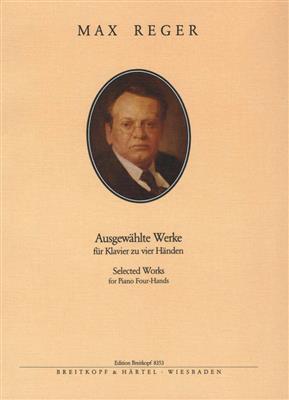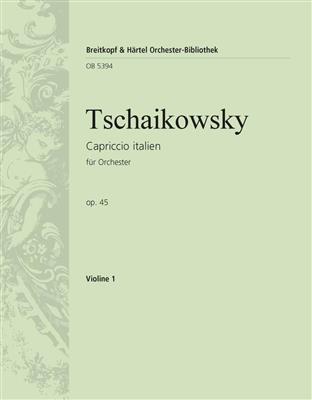Jan Dismas Zelenka: Missa Dei Patris ZWV 19: (Arr. Reinhold Kubik): Chœur Mixte et Ensemble
Breitkopf Urtext
Cet article requiert une quantité minimum de commande.
COMPOSITEUR:
Jan Dismas Zelenka
PART {INSTRUMENT}:
Viola
TYPE DE PRODUIT:
Partie seule
ÉDITEUR:
Breitkopf und Härtel
DEFINITIVE DURATION:
01:10:00
The Missa Dei Patris ZWV 19 was composed in 1740 and ranks among the later works of the Bohemian composer Jan Dismas Zelenka. It opens an incompletely transmitted cycle of six masses which the composer himself designated as "Missae ultimae." The musical text of the present conductor’s score is based
Détails
| Compositeur | Jan Dismas Zelenka |
| Arranger | Reinhold Kubik |
| Description Instrument Group | Choeur Mixte |
| Instrumentation | Chœur Mixte et Ensemble |
| Voix | SATB |
| Instrumentation | Solo SATB, SATB and Orchestra |
| Part {Instrument} | Viola |
| Type de produit | Partie seule |
| Description Product Type | Partie séparée |
| Collection | Breitkopf Urtext Edition |
| Éditeur | Breitkopf und Härtel |
| Période | Baroque |
| Definitive Duration | 01:10:00 |
| Nombre de Pages | 36 |
| ISMN | 9790004342879 |
| Edition Number | OB 5556-19 |
| N° | BRKOB5556-19 |
Description
The Missa Dei Patris ZWV 19 was composed in 1740 and ranks among the later works of the Bohemian composer Jan Dismas Zelenka. It opens an incompletely transmitted cycle of six masses which the composer himself designated as "Missae ultimae." The musical text of the present conductor’s score is based on that of Volume 93 of the Denkmäler edition Das Erbe deutscher Musik . The new piano vocal score has been edited by the reputable expert Andreas Köhs. "Zelenka’s artistic personality, his biography and his compositional style are utterly distinctive. His style is highly experimental. Was Zelenka really one of the greatest composers of the 18th century, or only one of the most interesting? I think that he still has several surprises for us." (Schweizerische Musikzeitung) "Zelenka’s Masses - fine specimens of Baroque choral literature, some parts of which are set even more colorfully than in the corresponding compositions by Bach." (Die Welt)
.png)

 www.musicroom.com
www.musicroom.com
 www.musicroom.de
www.musicroom.de





















